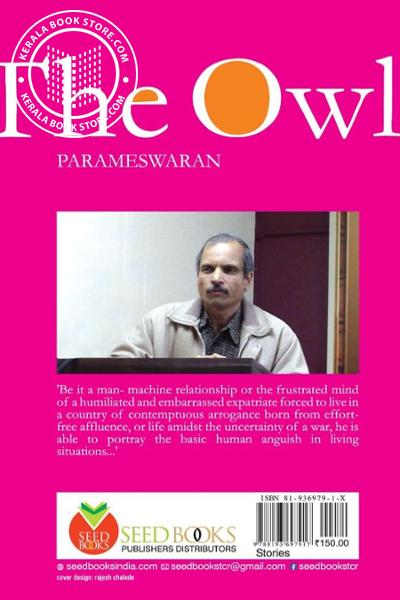
Each text, however, ends with deep uncertainty, the authoritative language that seeks to define these women unable to contain them.Ī faun carrying an umbrella a hobbit who lives in a hole a mysterious name – Lyra an ill-treated schoolboy with a scar and a secret.

Gwyneth Lewis’s protagonist, Nona, traumatised by a previous act of psychic violence, finds herself both ‘addicted to narratives’ and trapped within them, her identity becoming subsumed to that of the fictional Blodeuwedd.

Saunders Lewis’s Blodeuwedd simultaneously resists the authority of masculine language, dismissing the ‘vows’ that bind her to her husband and advocating an embodied living-in-the-moment as resistance to patriarchal authority, and invests the act of naming with an irresistible magical significance. Both texts treat the gendered relationships between language, narrative, and identity in profoundly ambiguous ways. This paper considers two adaptations of the Fourth Branch: Saunders Lewis’s 1947 play Blodeuwedd (translated into English as The Woman Made of Flowers) and Gwyneth Lewis’s 2010 novel The Meat Tree. Kirsti Bohata has pointed out the frequency with which the national concerns implicated in language are entangled with issues of gender in the literature of Wales, with the frequent recurrence of images of ‘Wales-as-woman’. Furthermore, adaptations of a Welsh myth in centuries when English dominates must necessarily be conscious of the importance of language. Its subject matter, including rape, incest, gender transformation, and the wholesale creation of a woman to fulfil the role of wife, lends itself to considerations of the gendered exploitation of bodies.

‘Talking Bodies’, 19-22 April 2017, University of Chester The Fourth Branch of the Mabinogi, more commonly known as the Blodeuwedd story, is one of the most frequently adapted tales from Welsh mythology.


 0 kommentar(er)
0 kommentar(er)
